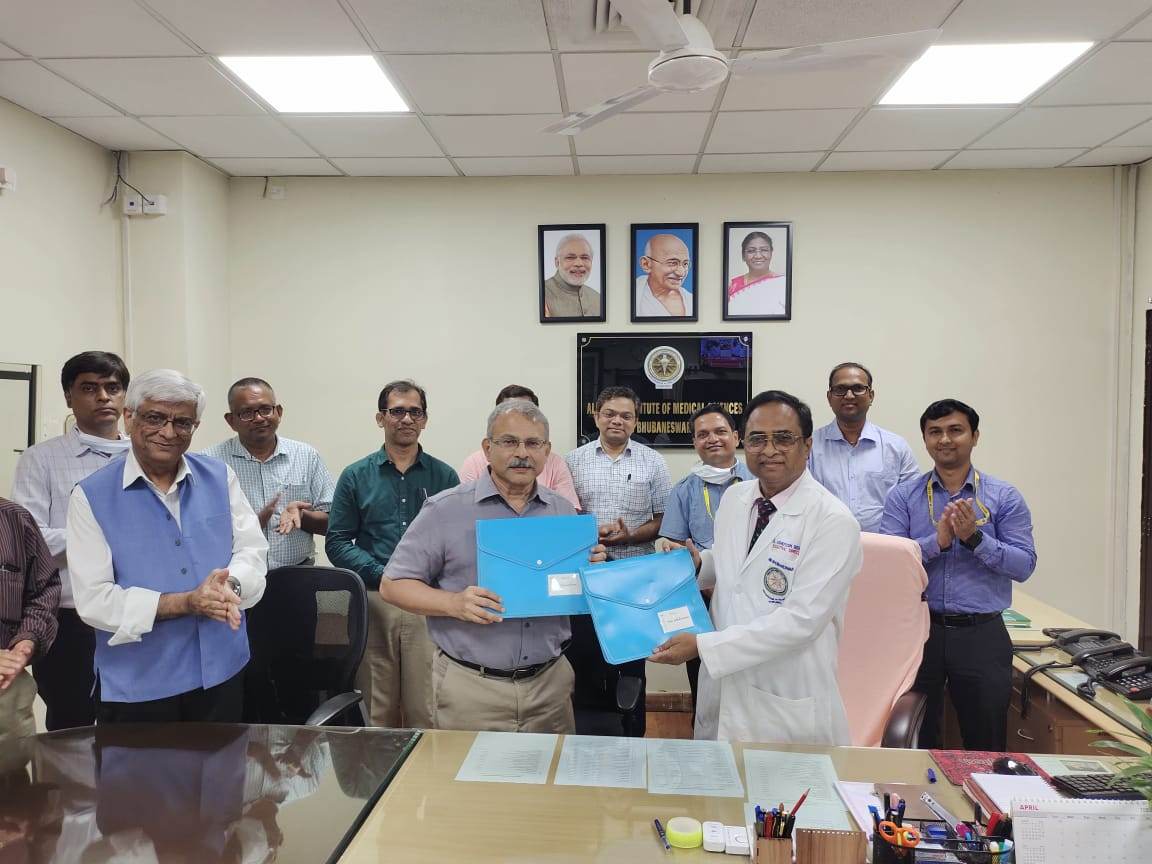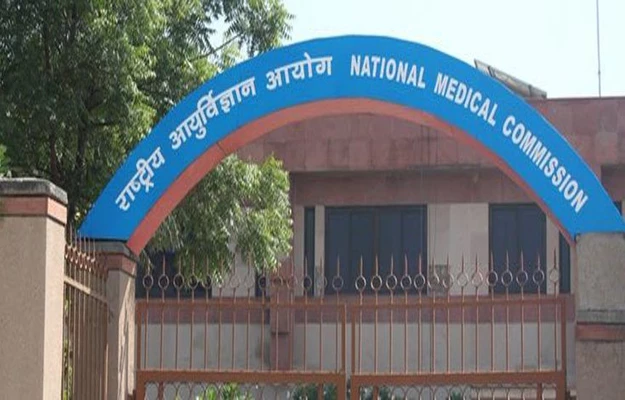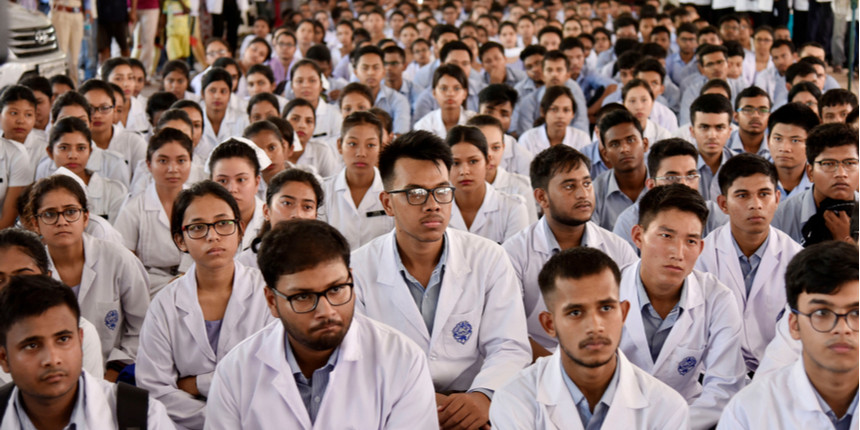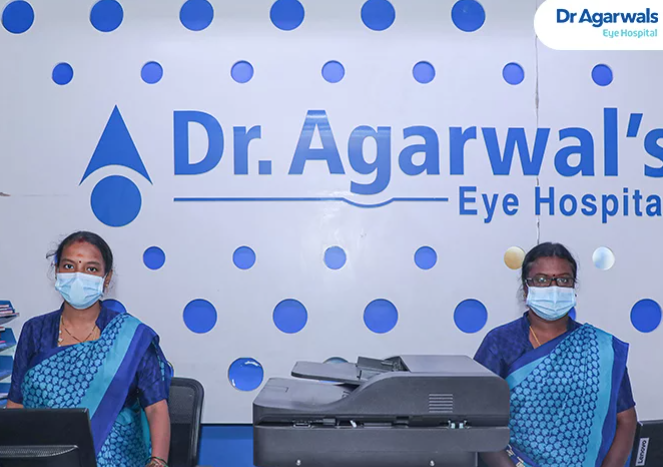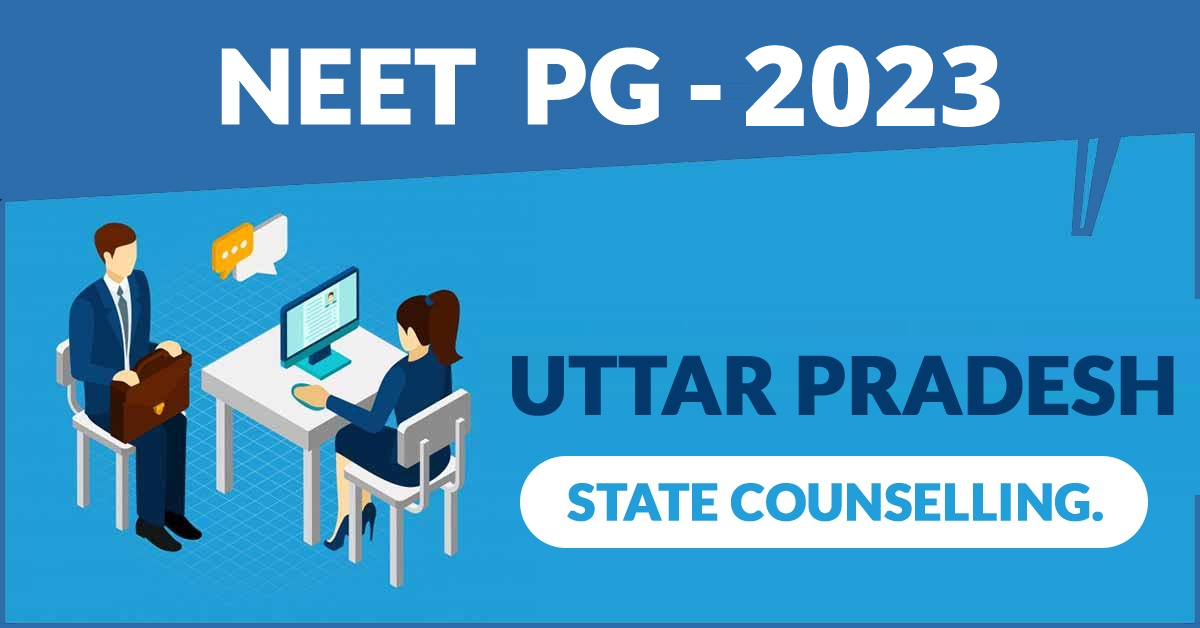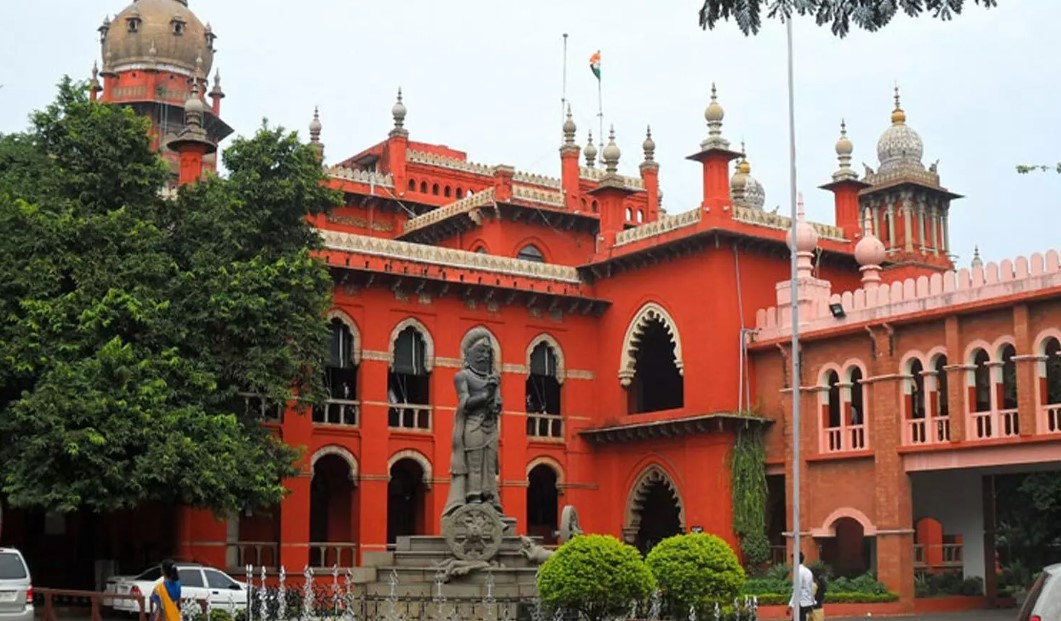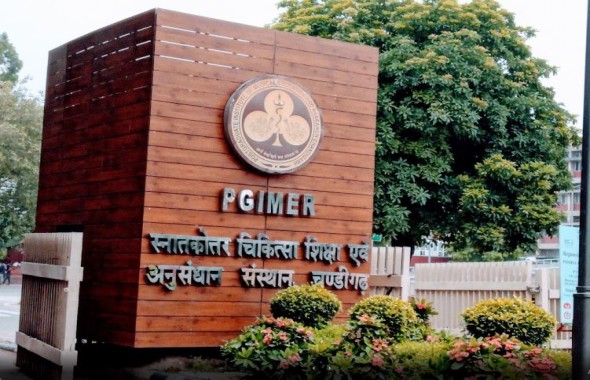After hearing a number of petitions related to the matter advanced by Indian medical students who had fled Ukraine after the conflict, the Supreme Court of India eventually took action. Students pounded on the SC’s doors, pleading for special accommodations and infrastructure support to facilitate their stalled medical careers.
After an extensive review that lasted eight months, the SC decided on March 28 to grant Indian medical students who returned from the Ukraine the right to take the final MBBS exam twice. The ruling, however, has only increased the students’ perplexity. Students claim that because of the verdict’s ramifications, only students in their last year have a clear sense of what their future holds.
Aishwarya Bhati, Central Government Counsel and Additional Solicitor General (ASG), informed the bench that Part I of the exam will be a theory-based exam similar to the Indian MBBS, while Part II, focusing on clinicals, could be conducted by a designated college while acknowledging that it is a humane issue.
The court’s panel, BR Gavai and Vikram Nath, ruled that Ukraine’s medics must do a two-year, mandatory rotational internship, with the first year being free and the second year being compensated after passing the Foreign Medical Graduate (FMG) exam. In the past, students were required to complete a one-year internship programme in Ukraine. The Russo-Ukrainian War prevented those students from taking their KROK-II exam last year, and they fled the country. As a result, their individual Ukrainian universities did not award them degrees, according to RB Gupta, Head of the Parents Association of Ukraine Medical Students (PAUMS), who welcomed the ruling. The Ukrainian Health Ministry conducts the annual KROK (also known as EDKI) licencing exam as a requirement for state certification and awarding the qualification of a doctor to a student.
In the final year of study in Ukrainian medical schools, students take the KROK-II exam, which is part of the graduation test. Passing this exam is a requirement for students who want to practice medicine.
The decision is thought to have provided students with a chance to earn their degrees. Although it is yet unclear whether the Indian Medical University or its Ukrainian counterpart will bestow degrees,
“In order to clarify this, we must wait for an official announcement from the National Medical Commission (NMC).” However, the authorities will design the exam in accordance with global norms and on par with the World Health Organization’s (WHO) requirement of passing at least 18 MBBS-related courses, according to Gupta.
Nearly 80% of the final-year students have already departed for the war-torn Ukraine to complete their practical tests and sit for the KROK-II, according to the PAUMS. The majority of fifth-year students have returned to Ukraine, while 50% have transferred via the Ukrainian government’s scheme for academic mobility. Only 20% of Ukrainian universities have received their fourth-year students back. According to Gupta, 3000–4000 students are still unable to complete their online degrees in India, the bulk of them are in their first to third years of study. Experts point out that it is not practical to learn about medicine online.
Authorities should take these pupils into consideration, Gupta continued, and the rules established by the NMC on November 18, 2021, should be relaxed to allow transfers for students in their first through third years, which are currently prohibited.
Karthik Chandrashekar, a member of the Ukraine Medical Students Organization in Tamil Nadu, described the ruling as unsatisfactory and restricted in its approach. “Students are overburdened with another mandatory exam,” he added. Additionally, the government is adamant about including an extra year for clinical rotation. In my opinion, it’s not a very good choice.
Experts are expressing concern that the verdict will only have an impact on students in their last year of study and the future prospects of those students whose futures are still hanging in the balance. Chandrashekar requests that the government communicate with the students beforehand to allay their concerns.
“More explanation should be given to all pupils because they are unsure of what will happen next.” Before introducing something new, students should be mentally ready. These are areas where the government falls short, Chandrashekar continued.
While there are differing opinions among experts over the two-year internship requirement, students are pessimistic about the same. The two-year internship program, according to Asmita, a Vinnytsia National Medical University fifth-year medical student who returned to Ukraine in November last year, is stressful. She expressed worry that now pupils would need to study for tests all year round. Why would we want to travel to India alone, she asked, “with this much additional burden and a confusing judgment”?
education
Gupta said that the two-year rolling internship will give students greater practical experience and pointed out that, in addition to the war, students were still receiving their education online throughout the COVID-19 pandemic. “With this, there have now been three years of online. The administration has put out this suggestion in the SC in order to sustain the standard of education,” he continued.
Ivano Frankvisk National Medical University (IFNMU) fourth-year student Harsh Goel stated he wasn’t prepared for this level of criticism. “This doesn’t mean much to us, the fourth-year students. We anticipate greater assistance from the government.
Goel is studying medicine online from Muzaffarnagar since he is so excited about it. He emphasized that Indian doctors are not exposed to clinical practice in any way while they are living there. Goel continued, “How would final-year students be able to give the Part II exam set on Indian standards if they do not get clinical exposure?”
Goel, who is from Muzaffarnagar, is a keen online student. While conversing with the students, it was revealed that the KROK exam for this year would be held on June 29, 2023, and that attendance in Ukraine would be required to administer the test. In relation to transit visa requests, neither the Ministry of External Affairs (MEA) nor nearby nations like Romania, Poland, and Moldova are approving student visa applications. “If we were to obtain a visa, it would take us at least two months.” Another student spoke on the condition of anonymity: “We have to show up for the KROK exam; otherwise, we will have to redo the entire year.
On March 28, 2023, the Ukrainian Ministry of Health published a news release on its website claiming that the Ukrainian Government had passed a temporary resolution allowing students to take EDKI (or KROK) outside of Ukraine while under martial law.
If students will be able to take the EDKI in their house or place of lodging anywhere in the world, more information is needed. ETHealthworld made an attempt to get in touch with the Ukrainian Health Ministry; more information is awaited. Students are currently choosing between taking the KROK exam outside of Ukraine or on campus after obtaining official notification from their individual colleges. But will medical professionals continue to choose the Indian exam or stick with the current system? That is still up in the air.




















